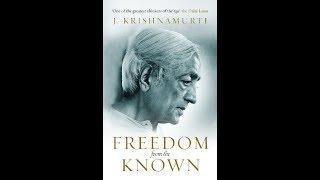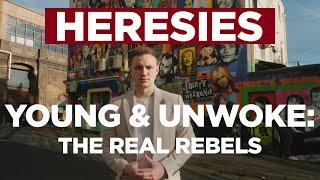Spotify: https://open.spotify.com/show/0ZARzVCRfJZDCyeKjvIEfE?si=5nTQubi9QU-HDP8pNzEKaQ
Patreon: www.patreon.com/untimelyreflections
#nietzsche #philosophypodcast #thenietzschepodcast #history #philosophy #historyofphilosophy #hegel #hegelian #dialectics
GWF Hegel is one of the most difficult philosophers in the western canon, but today we’ attempt to demystify him. In this episode, we’ll break down Hegel’s phenomenology, the dialectic, and the Hegelian understanding of desire. Our concrete entrypoint into the thought of Hegel is his famous chapter, The Master-Slave Dialectic. Deleuze argued that Nietzsche’s work constitutes a rejection of Hegel: his master and slave morality can be read as a direct rebuke to Hegel’s interpretation of this very same power relation. In order to prepare for our reading of Deleuze, we’re going to first tangle with Hegel on his own terms, and understand the very different way in which he approaches the questions of consciousness, morality and perspective. In researching this episode, Nathan Widder’s lectures on Hegel and Deleuze were very helpful, as was Justin Burke’s lecture on Hegel.
- Category
- Philosophy





